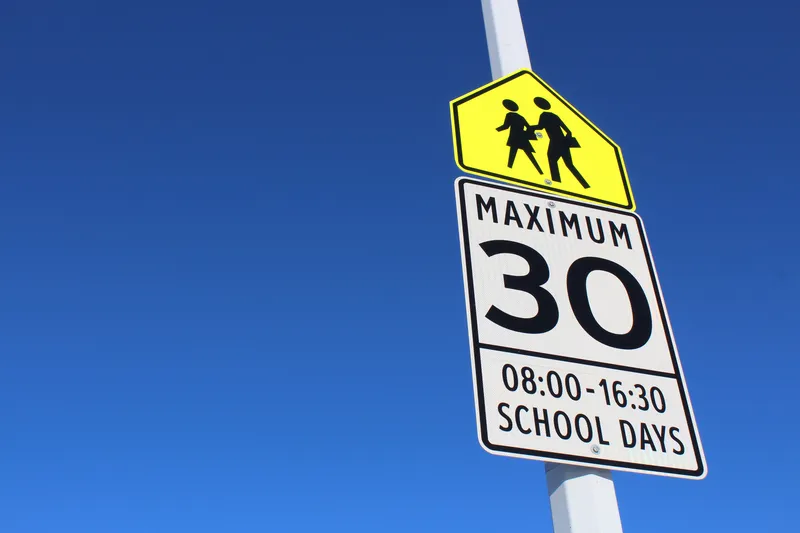The partnership will focus on advancing technologies that detect and prevent intrusions into Electronic Control Units (ECUs) which manage acceleration, steering and braking as well as in-vehicle infotainment devices.
For the project, Panasonic will deploy its Control Area Network intrusion detection and prevention technology, which is said to detect unauthorised commands sent to ECUs. In addition, Trend Micro's Internet of Things security will be implemented on IVI devices such as automotive navigation systems to identify attacks that seek to exploit vulnerabilities through the internet. Both solutions will send collected events to an analysis platform in the cloud to detect and block suspicious traffic.
Panasonic and Trend Micro to enhance cyber security for connected cars
Panasonic has joined forces with Trend Micro to develop solutions that protect autonomous and connected cars against cyber attacks, with the intention of launching commercially after 2020.
The partnership will focus on advancing technologies that detect and prevent intrusions into Electronic Control Units (ECUs) which manage acceleration, steering and braking as well as in-vehicle infotainment devices.
February 15, 2018
Read time: 1 min









